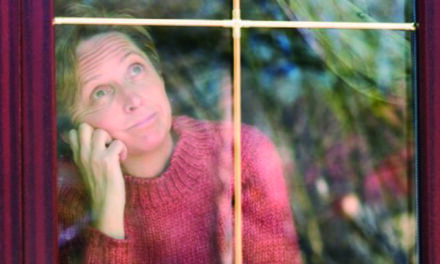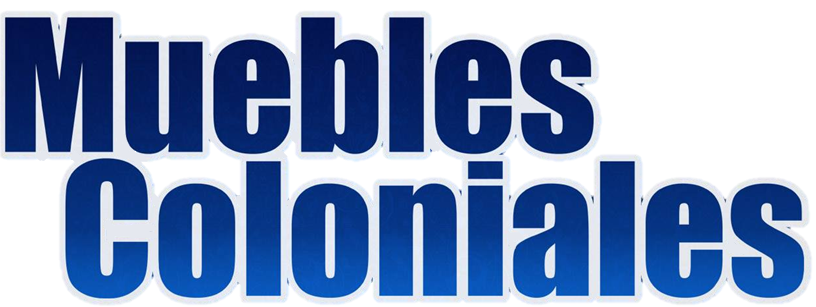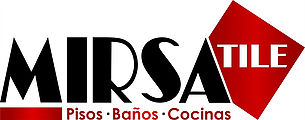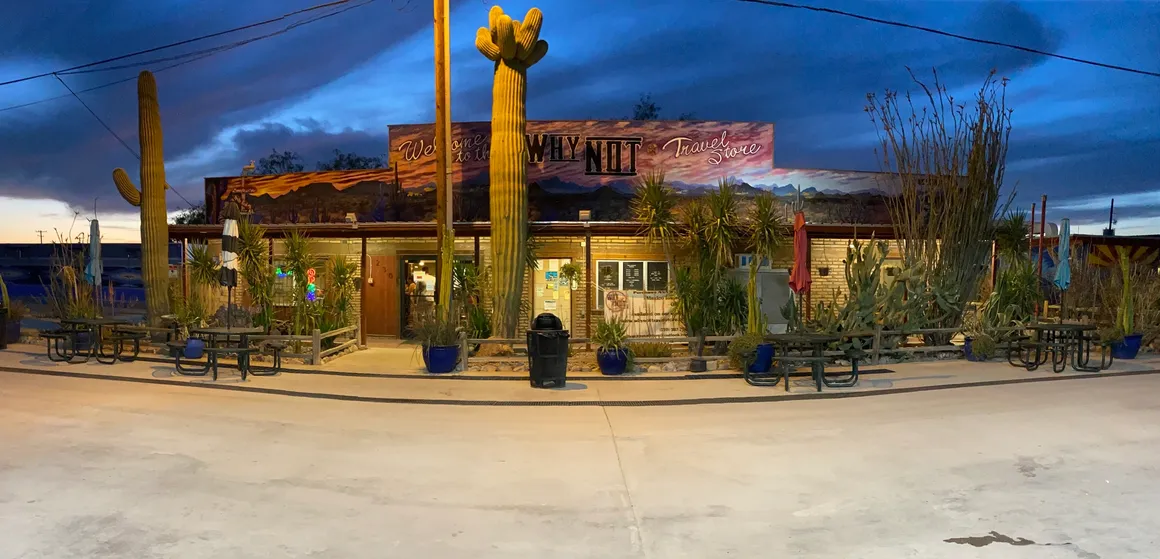By Stephanie Wood
It seems like we’ve been feeling a few shakes lately. Thankfully, none have been bad. Rocky Point is considered a moderate hazard zone for earthquakes. It’s a good idea to have some preparation in place; you can find detailed information online about earthquake preparedness. I’ve compiled the main tips from EarthquakeCountry.org, NationalGeographic.com, Ready.gov, and Fema.gov.
BEFORE THE QUAKE
Secure your home by bolting bookcases to wall studs, installing latches on cupboards, and strapping the water heater to wall studs. Use flexible connections where gas lines meet appliances. Remove or lock refrigerator wheels. Place beds away from windows or items that may fall. Hang mirrors and heavy pictures and pictures on closed hooks.
Locate a place in each room of the house that you can go to in case of an earthquake. It should be a spot where nothing is likely to fall on you, like a doorframe.
Know at least two ways to exit the building safely after an earthquake.
Keep an emergency kit with a 3 day supply of food and 3 gallons of water per person, a first aid kit, dust masks and goggles, and a battery-operated radio and flashlights in an accessible place.
Know how to turn off your gas and water mains and keep a wrench or turn off tool in water proof wrap near them.
Store fire extinguishers in easily accessible location.
Keep several flashlights in easily accessible places around the house.
Know the location of your main electrical switch (fuse box or circuit breaker).
WHEN SHAKING STARTS – Drop, Cover & Hold On
DROP down; take COVER under a desk or table and HOLD ON.
Stay indoors until the shaking stops and you’re sure it’s safe to exit.
Stay away from bookcases or furniture that can fall on you.
The area near the exterior walls of a building is the most dangerous place to be. Windows, facades and architectural details are often the first parts of the building to collapse.
Stay inside if you are inside and outside if you are outside.
In a high-rise building, avoid windows, do not use elevators, and expect the fire alarms and sprinklers to go off during a quake.
If you are in bed, hold on and stay there, protecting your head with a pillow.
If you are outdoors, find a clear spot away from buildings, trees, and power lines. Drop to the ground.
If you are in a car, slow down and drive to a clear place. Stay in the car until the shaking stops.
If you are in a wheelchair, lock the wheels once you are in a safe position. If unable to move quickly, stay where you are. Cover your head and neck with your arms.
If you are in a stadium or theater: Stay at your seat and protect your head and neck with your arms. Don’t try to leave until the shaking is over. Then walk out slowly watching for anything that could fall in the aftershocks.
AFTER THE EARTHQUAKE, CHECK FOR INJURIES AND DAMAGE
Aftershocks may cause additional damage or items to fall, so get to a safe location. Take your disaster supplies kit. If you are trapped by falling items or a collapse, protect your mouth, nose, and eyes from dust. If you are bleeding, put pressure on the wound and elevate the injured part. Signal for help with your emergency whistle, a cell phone, or knock loudly on solid pieces of the building, three times every few minutes. Rescue personnel will be listening for such sounds.
Once you are safe, help others and check for damage. Protect yourself by wearing sturdy shoes and work gloves to avoid injury from broken glass and debris. Wear a dust mask and eye protection.
Shut off the main gas valve if you suspect a leak because of broken pipes or the odor or sound of leaking natural gas. Don’t turn it back on yourself, wait for the gas company to check for leaks.
Shut off power at the main breaker switch if there is any damage to your house wiring. Leave the power off until the damage is repaired. Unplug broken lights and appliances as these as they could start fires when electricity is restored. Clean up any spilled medicines, drugs, or other non-toxic substances. Potentially harmful materials such as bleach, lye, garden chemicals, and gasoline or other petroleum products should be isolated or covered with an absorbent such as dirt or cat litter.
If power is off, plan meals to use up refrigerated and frozen foods first. If you keep the door closed, food in your freezer may be good for a couple of days.
If your water is off or unsafe, you can drink from melted ice cubes, canned vegetables, or drained from your water heater (make sure it’s turned off). Avoid drinking water from swimming pools or spas; use this water for bathing or cleaning clothes.





























